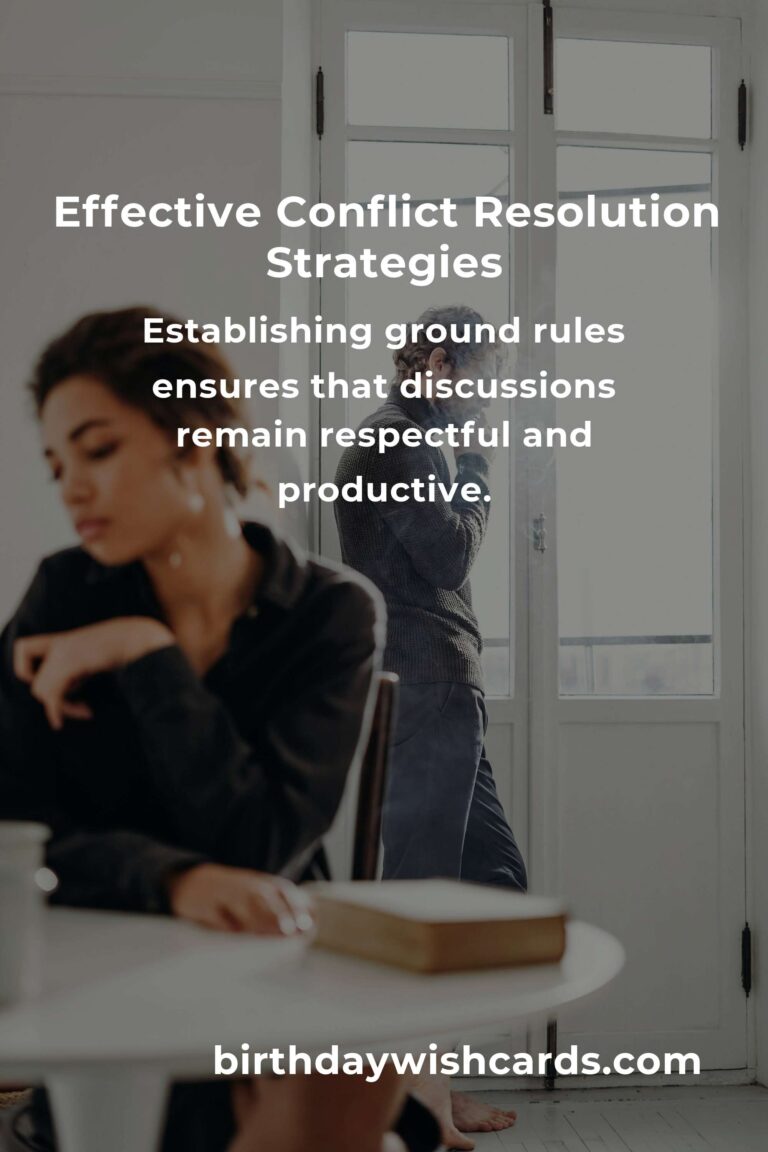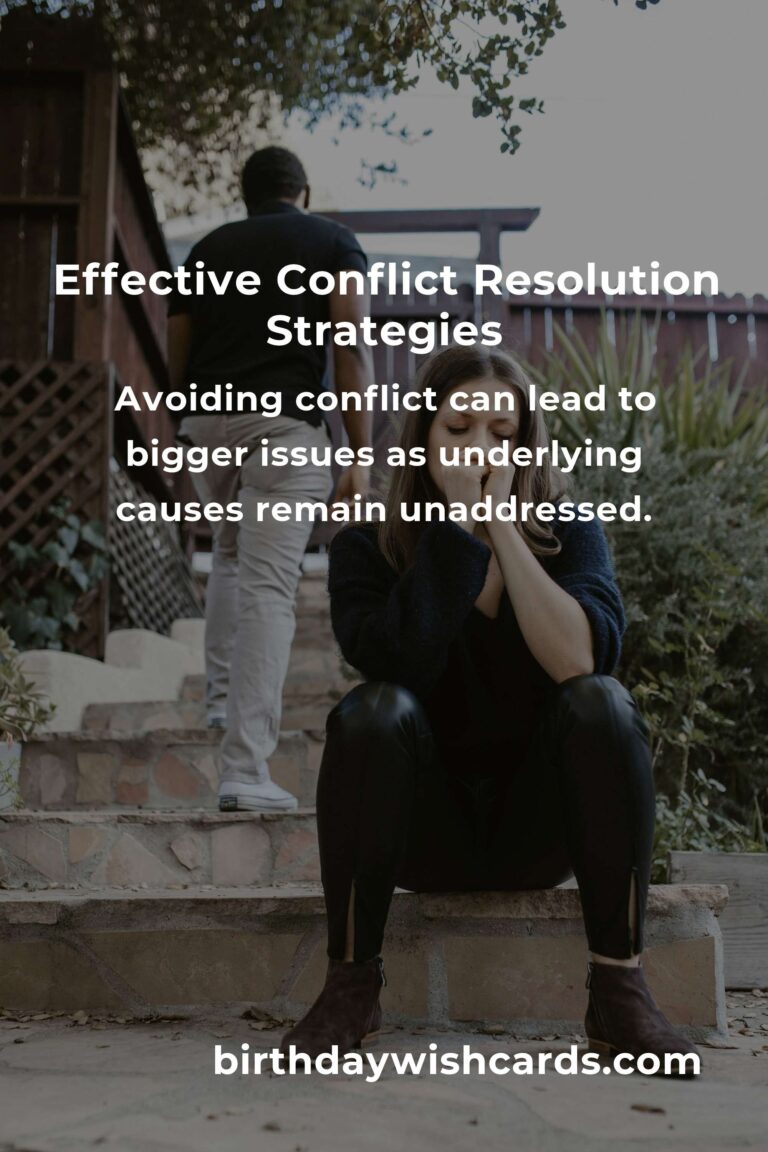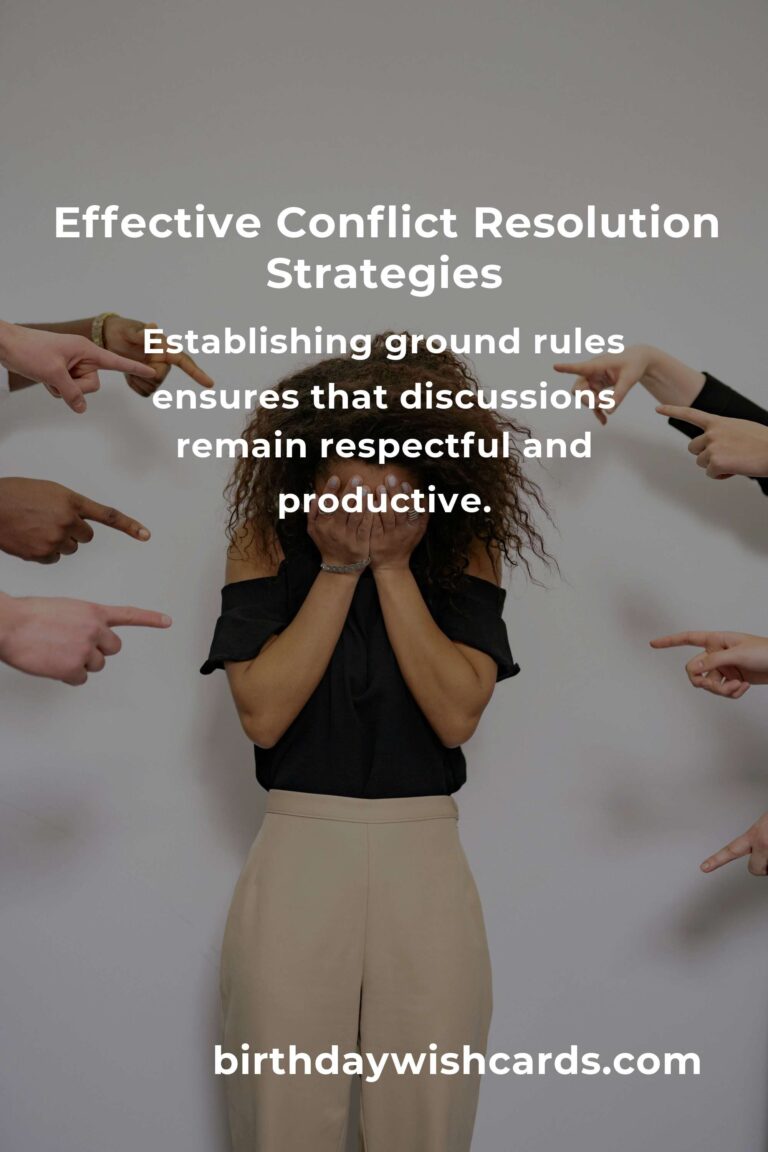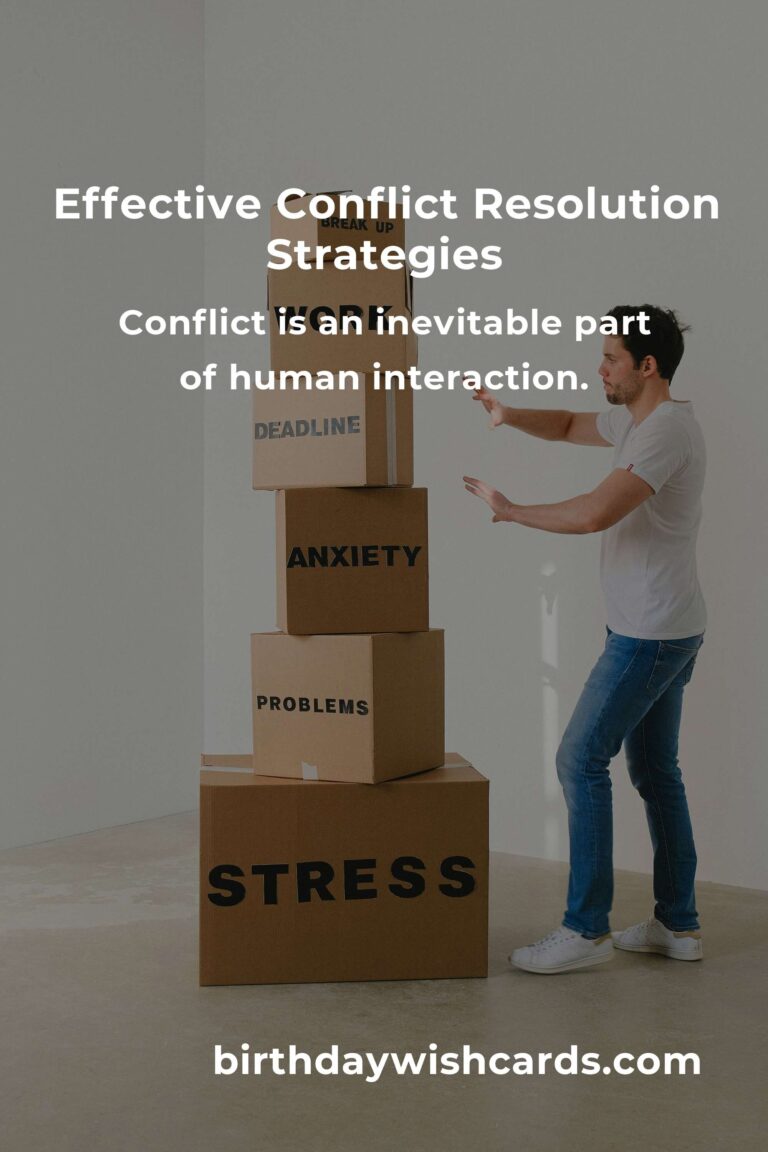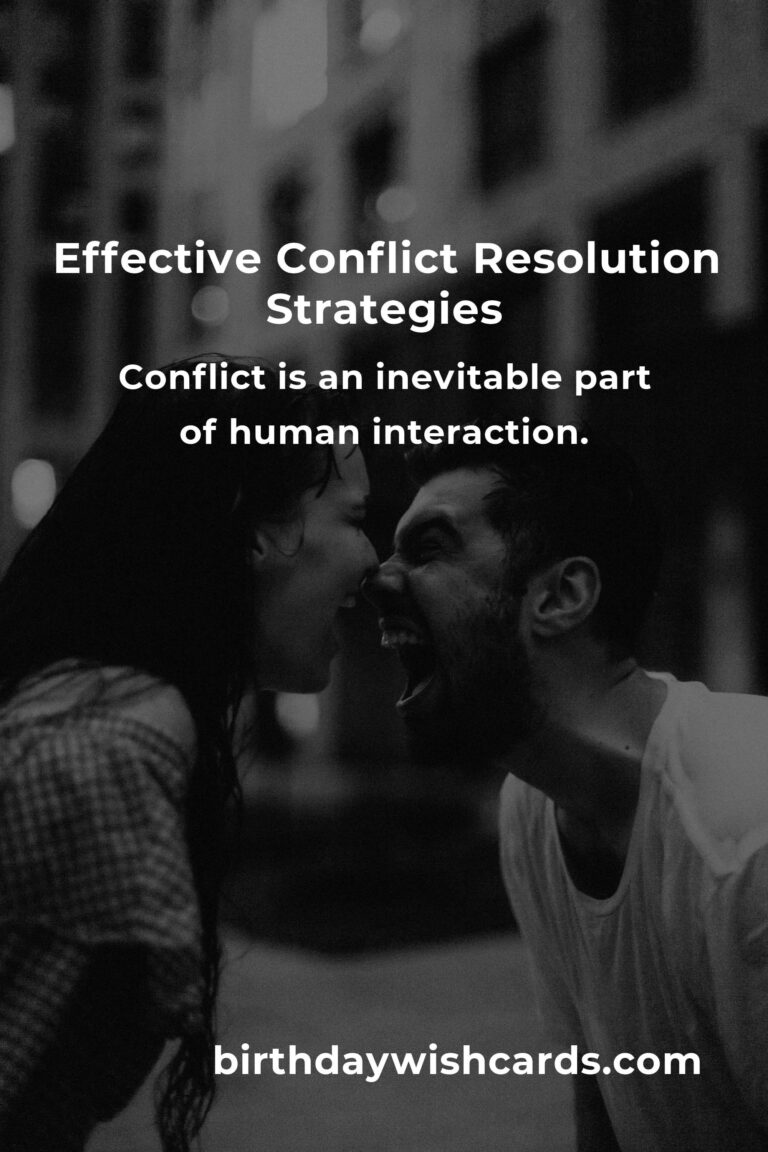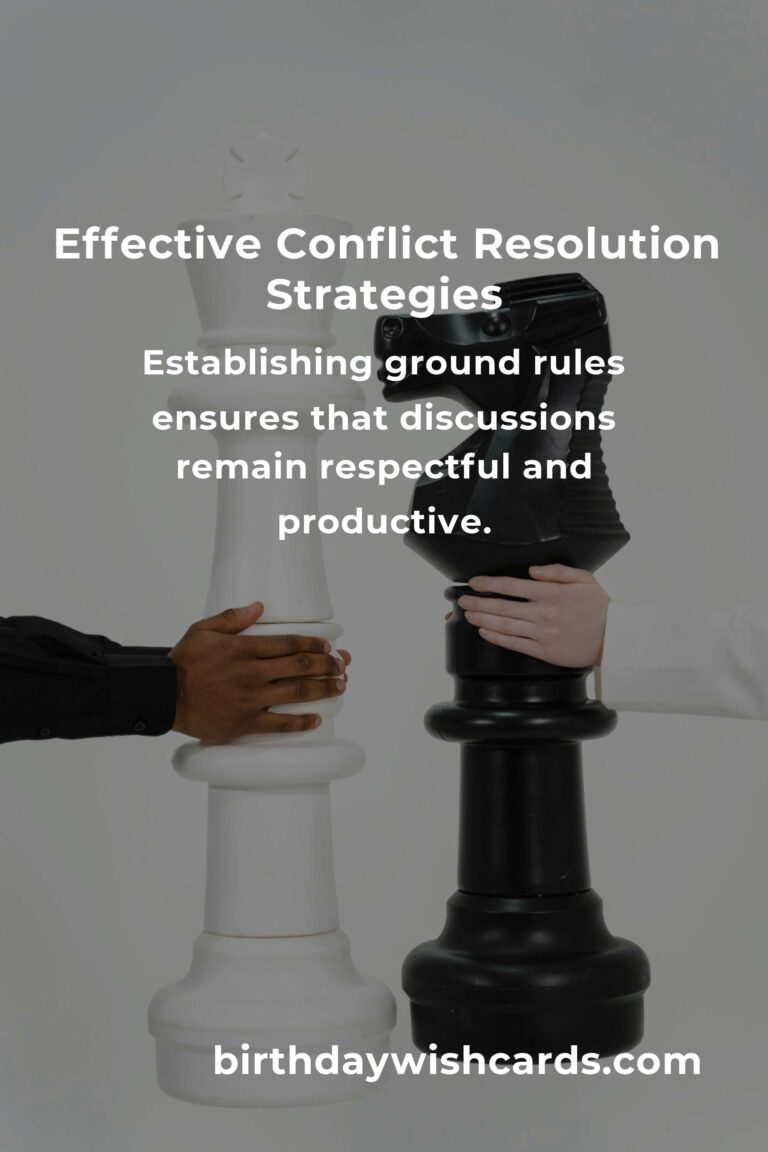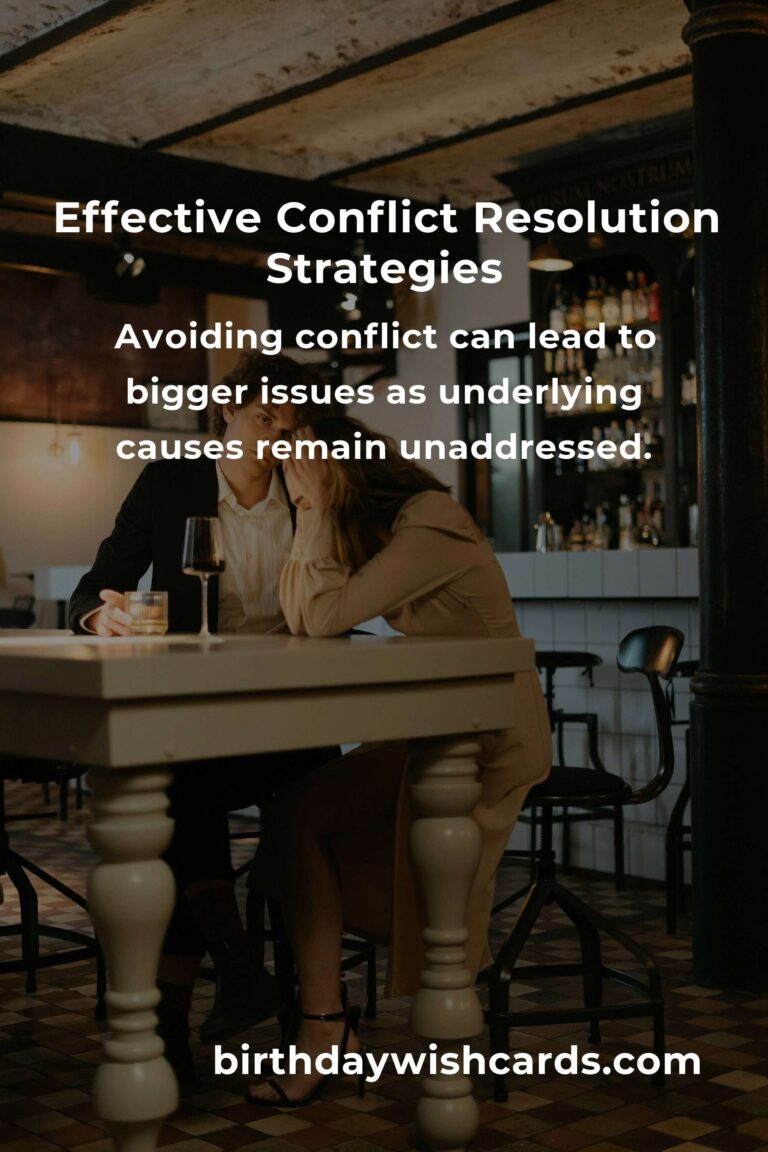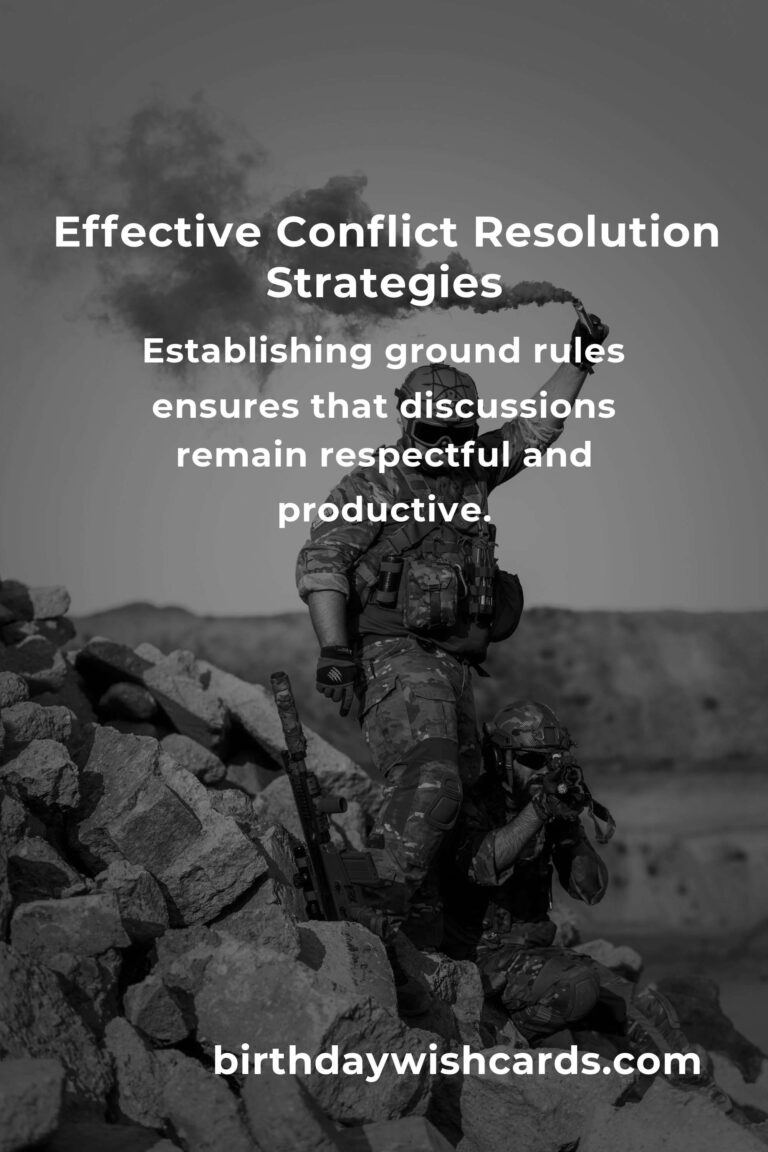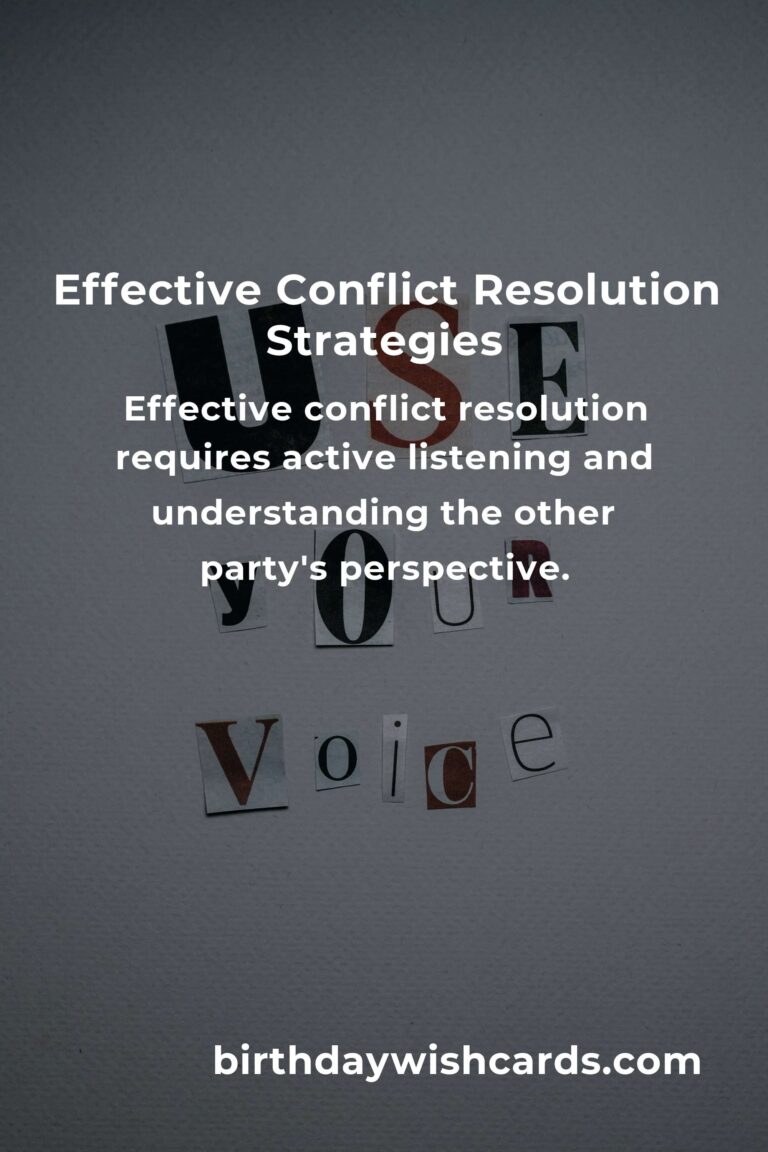
Conflict is an inevitable part of human interaction. Whether in the workplace, within families, or among friends, disagreements are bound to arise. The key to maintaining healthy relationships and productive environments lies in effective conflict resolution. However, many individuals and organizations fall prey to common mistakes that hinder successful resolution.
Understanding the Nature of Conflict
Before delving into mistakes and solutions, it’s essential to understand what conflict entails. Conflict arises when there is a perceived incompatibility of actions, goals, or ideas. It can be constructive if managed well, leading to growth and improved relationships, or destructive if mismanaged, resulting in animosity and dysfunction.
Common Mistakes in Conflict Resolution
1. Avoiding the Conflict
Avoidance is a natural reaction for many when faced with conflict. People often hope that the issue will resolve itself over time. However, ignoring a problem rarely makes it disappear and can lead to bigger issues as the underlying causes remain unaddressed.
2. Reacting with Emotion
Emotions can run high during a conflict, leading to reactions that are more about expressing frustration than resolving the issue. Reacting emotionally can escalate the situation and prevent a constructive dialogue from taking place.
3. Focusing on Positions Rather Than Interests
Often, parties in conflict focus on their positions rather than the underlying interests. Positions are the specific outcomes they want, while interests are the needs or desires that drive those positions. Focusing solely on positions can lead to a win-lose scenario rather than a mutually beneficial resolution.
4. Failing to Listen
Effective conflict resolution requires active listening. When individuals fail to listen, they miss out on understanding the other party’s perspective, which is crucial for finding common ground and achieving resolution.
5. Lack of Collaboration
Conflict resolution is not about one party winning over the other but about finding a solution that satisfies all involved. A lack of collaboration can lead to suboptimal solutions that do not address the needs of all parties.
6. Not Setting Ground Rules
Entering a conflict resolution process without clear ground rules can lead to chaos. Ground rules establish a framework for interaction, ensuring that discussions remain respectful and productive.
How to Avoid These Mistakes
1. Address Conflicts Early
Rather than avoiding conflicts, address them as soon as they arise. Early intervention can prevent conflicts from escalating and help resolve issues before they become entrenched.
2. Manage Emotions
Developing emotional intelligence can help individuals manage their reactions during conflicts. Techniques such as taking deep breaths, pausing before responding, and focusing on facts can keep emotions in check.
3. Shift from Positions to Interests
Encourage parties to express their interests rather than positions. This approach opens the door to creative problem-solving and finding solutions that satisfy everyone’s needs.
4. Practice Active Listening
Active listening involves giving full attention to the speaker, reflecting on what is said, and asking clarifying questions. This practice demonstrates respect and helps build understanding.
5. Foster a Collaborative Environment
Create an atmosphere that encourages collaboration over competition. Emphasize the importance of working together to find solutions that benefit all parties.
6. Establish Ground Rules
Set clear ground rules for the conflict resolution process. These might include rules about respectful communication, time limits for discussions, and methods for decision-making.
Conclusion
Conflict resolution is a critical skill that can enhance personal and professional relationships. By avoiding common mistakes and implementing effective strategies, individuals and organizations can navigate conflicts successfully, leading to positive outcomes and stronger connections.
Conflict is an inevitable part of human interaction. Avoiding conflict can lead to bigger issues as underlying causes remain unaddressed. Reacting emotionally can escalate the situation and prevent constructive dialogue. Effective conflict resolution requires active listening and understanding the other party’s perspective. Encourage parties to express their interests rather than positions to find mutually beneficial solutions. Establishing ground rules ensures that discussions remain respectful and productive.
#ConflictResolution #EffectiveCommunication #RelationshipBuilding


